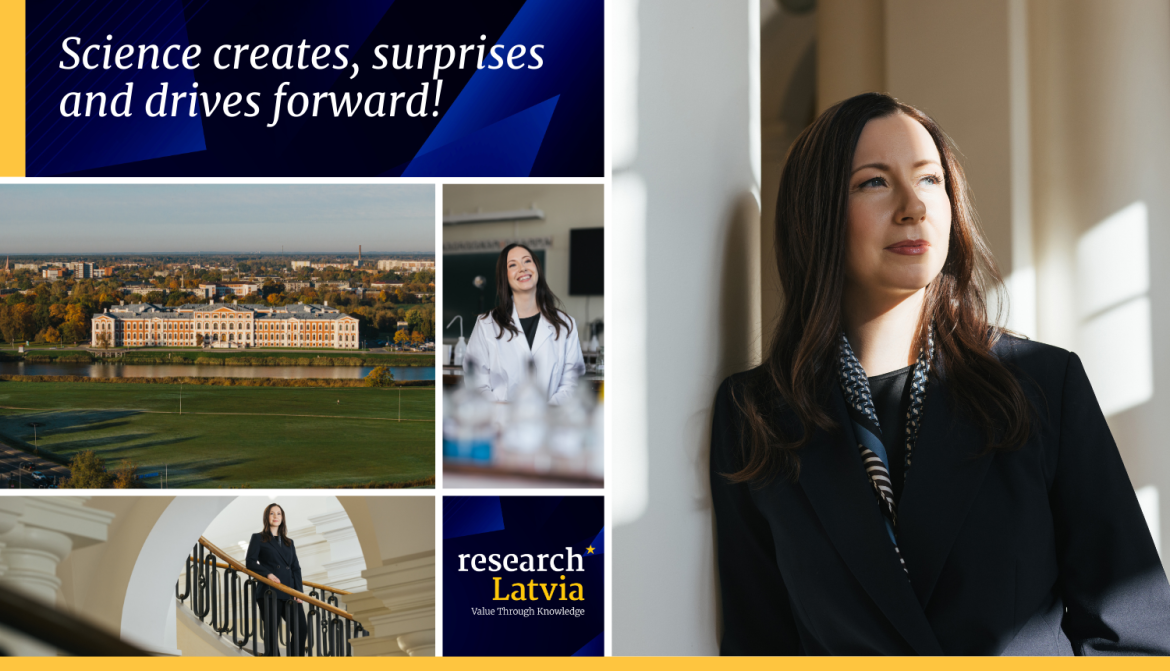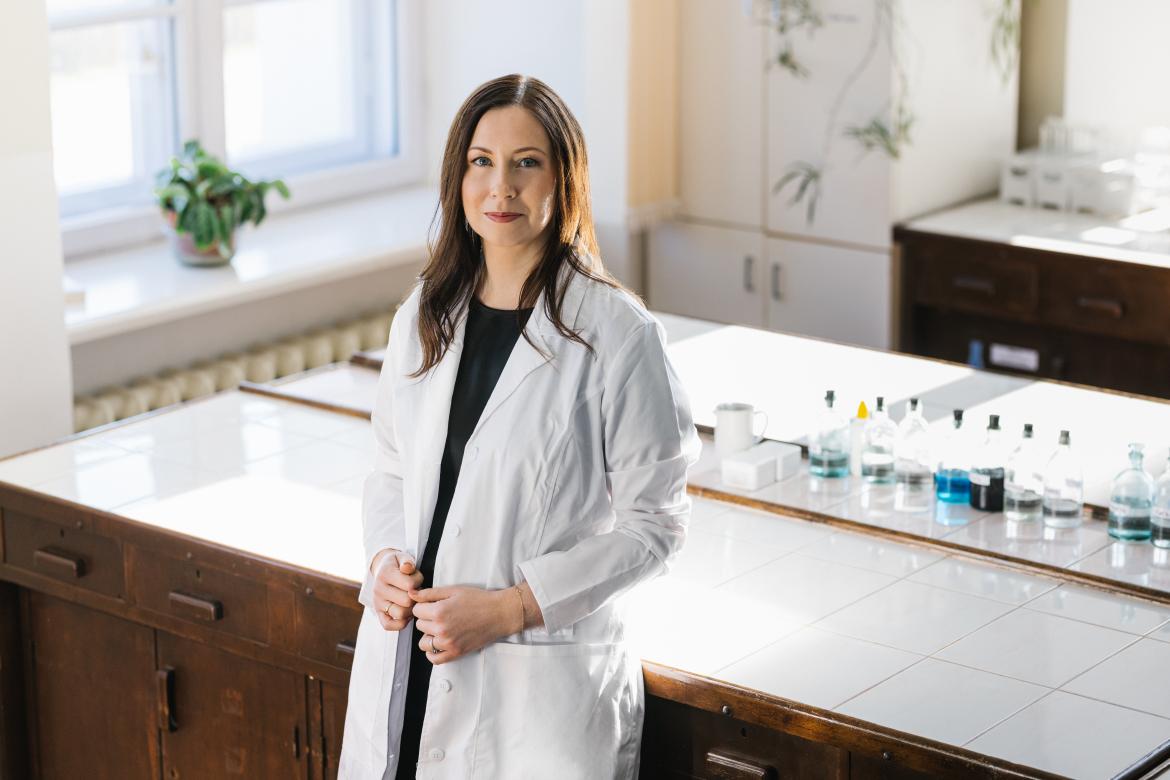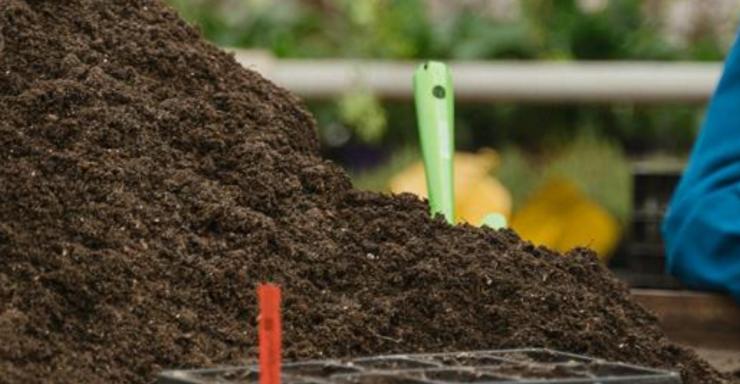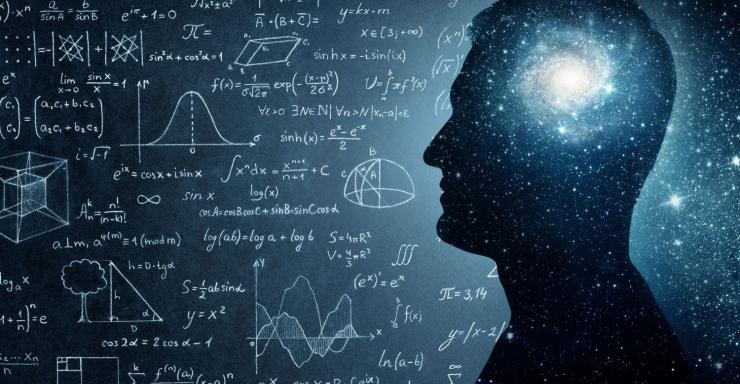Climate change, water pollution, and the depletion of natural resources are just some of the complex challenges society faces today. In this context, science plays a vital role - it offers data-driven, innovative, and sustainable solutions. Ph. D. Rūta Ozola-Davidāne, Associate Tenure Professor at the Latvia University of Life Sciences and Technologies (LULST), is working on one of today’s most pressing environmental issues - reducing eutrophication, or the overgrowth of water bodies. Her work is a clear example of how science can not only provide answers but also drive positive change in society.
“We are working on a topic that is highly relevant across Europe and especially here in Latvia - how to reduce eutrophication, or the excessive growth of aquatic vegetation. One of my research focuses is the innovative use of clay minerals, including in the treatment of wastewater before it is discharged into surface waters,” explains the Associate Tenure Professor at the LULST Institute of Landscape Architecture and Environmental Engineering, Faculty of Forest and Environmental Sciences.

Her research centres on innovation in wastewater treatment. Natural composite materials are being developed that can effectively bind phosphorus—one of the main causes of eutrophication.
One of the unique research areas in Latvia, led by Ph. D. R. Ozola - Davidāne's institute, is the creation of constructed wetlands for treating agricultural runoff. Additionally, she explores the reuse of recovered phosphorus, which has been classified as a critical raw material by the European Union, for use in agriculture. In this way, her work connects environmental protection with circular economy principles and sustainable resource management: “This is a unique research topic in the Latvian context - constructed wetlands for treating agricultural runoff are not currently being studied at other local universities.”
Ph. D. Ozola - Davidāne is not only engaged in research but also actively works to connect science with society by organizing events where people can observe scientific processes and even get involved in exploring them firsthand: “The public needs to see how it works in practice - and maybe even try it out themselves.”

Ph. D. Rūta Ozola-Davidāne. Photo: Mārtiņš Goldbergs.
Alongside her academic work, the researcher also participates in knowledge transfer initiatives. She has co-founded a science-based spin-off company and is actively involved in the commercialization of science, including the development of food quality indicators.
The role of science in society is not only to generate new knowledge but also to make it accessible and understandable to a wider audience. As Ph. D. Ozola - Davidāne emphasizes, researchers must be able to explain complex, long-term issues in a simple, publicly comprehensible way.
The work of the LULST Associate Tenure Professor vividly demonstrates how science contributes to societal development - starting in the lab and continuing through its impact on water ecosystems, agricultural practices, and public awareness.


